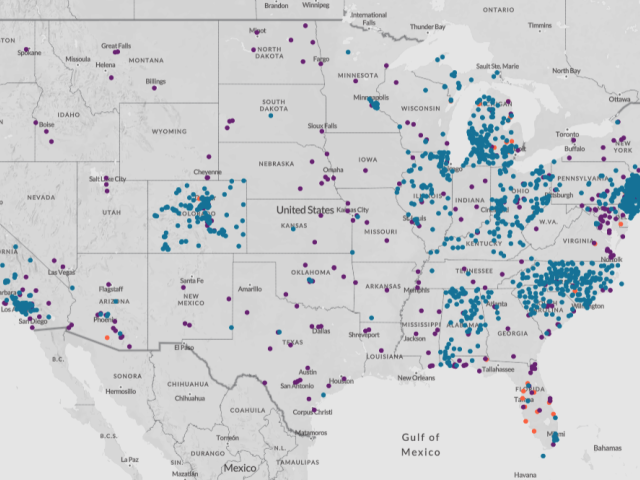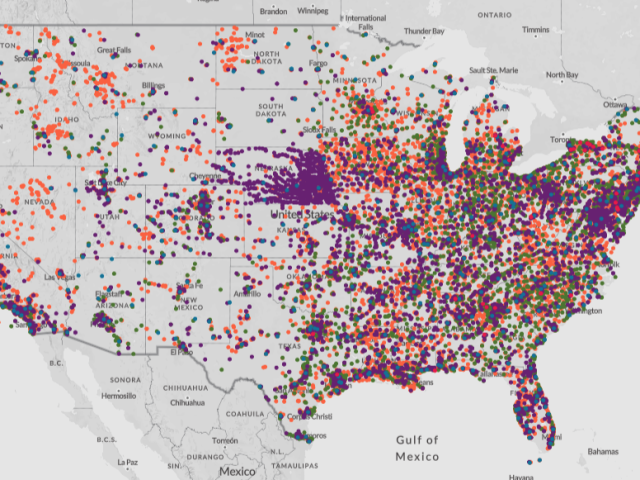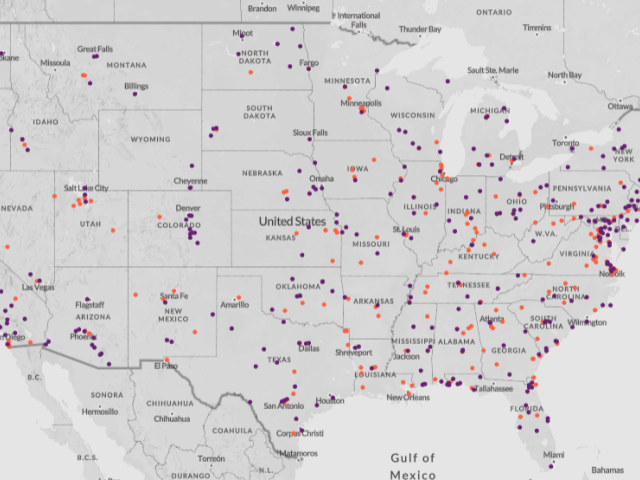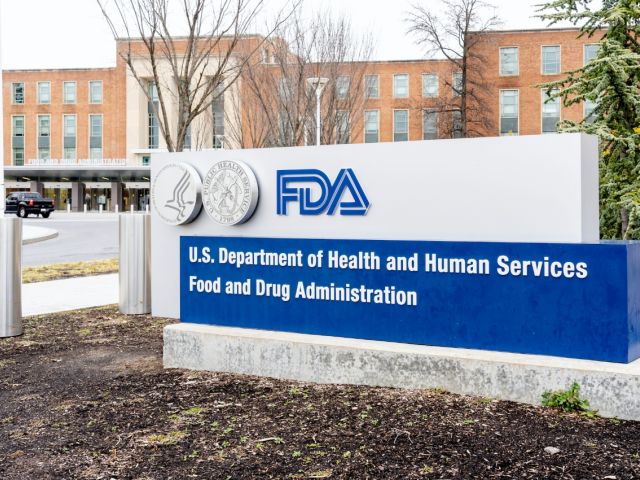The ‘forever chemicals’ in 99% of Americans
In 1946, DuPont introduced Teflon to the world, changing millions of people’s lives – and polluting their bodies. Today, the family of compounds including Teflon, commonly called PFAS, is found not only in pots and pans but also in the blood of people around the world, including 99 percent of Americans. PFAS chemicals pollute water, do not break down, and remain in the environment and people for decades. Some scientists call them “forever chemicals."














1c70.jpg)












